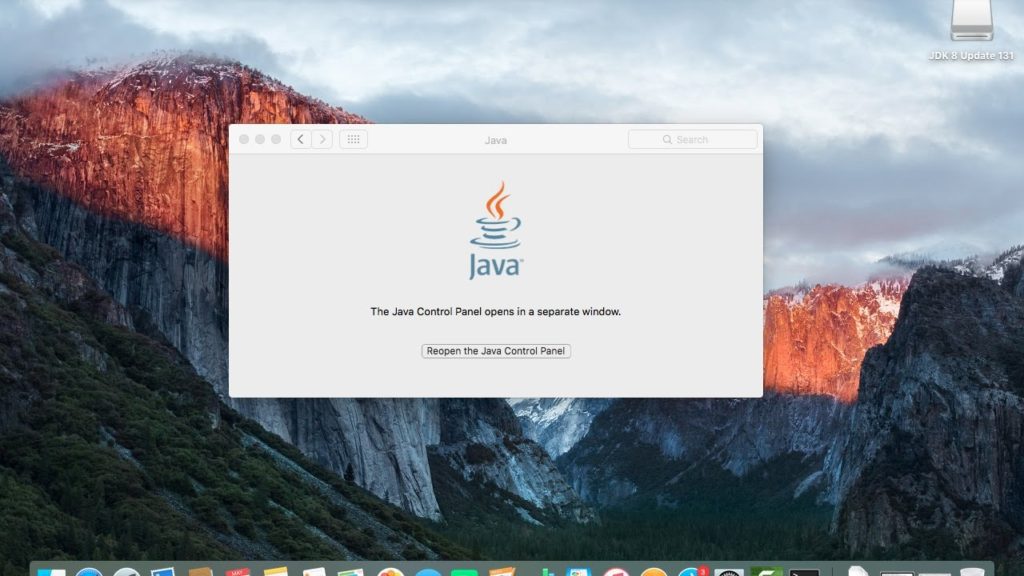The Most Common JVM Languages

A Java virtual machine (JVM) is a virtual machine that enables a computer to run Java programs. JVM is the core of the Java ecosystem. The JVM was initially designed to support only Java. However, as time passed, even more languages were adapted or intended to run on the Java platform.
Any serious Java developer has to learn the JVM ecosystem and some JVM-based languages.
I am listing only more papular languages for now.
| Language | Explanation |
|---|---|
Kotlin | A Functional Lisp dialect, its immutability and simplicity make it a popular choice with developers. |
| Scala | Scala is a statically-typed JVM programming language that can use Java libraries. It uses immutable values and supports both imperative and functional paradigms, allowing users the freedom to choose. |
| Clojure | A Functional Lisp dialect’s immutability and simplicity make it a popular choice with developers. |
| Groovy | Scala is a statically-typed JVM programming language that can use Java libraries. It uses immutable values and supports both imperative and functional paradigms, allowing users the freedom to choose. |
| JRuby | An implementation of Ruby |
| Jython | An implementation of Python |
| Ceylon | Apache Groovy is a popular programming language for the JVM with a large and developed ecosystem. Groovy is a dynamic and object-oriented scripting language. |
| Xtend | Ceylon is a statically-typed, object-oriented programming language for the JVM. Created by Red Hat. |
| Fantom | A Functional Lisp dialect’s immutability and simplicity make it a popular choice with developers. |